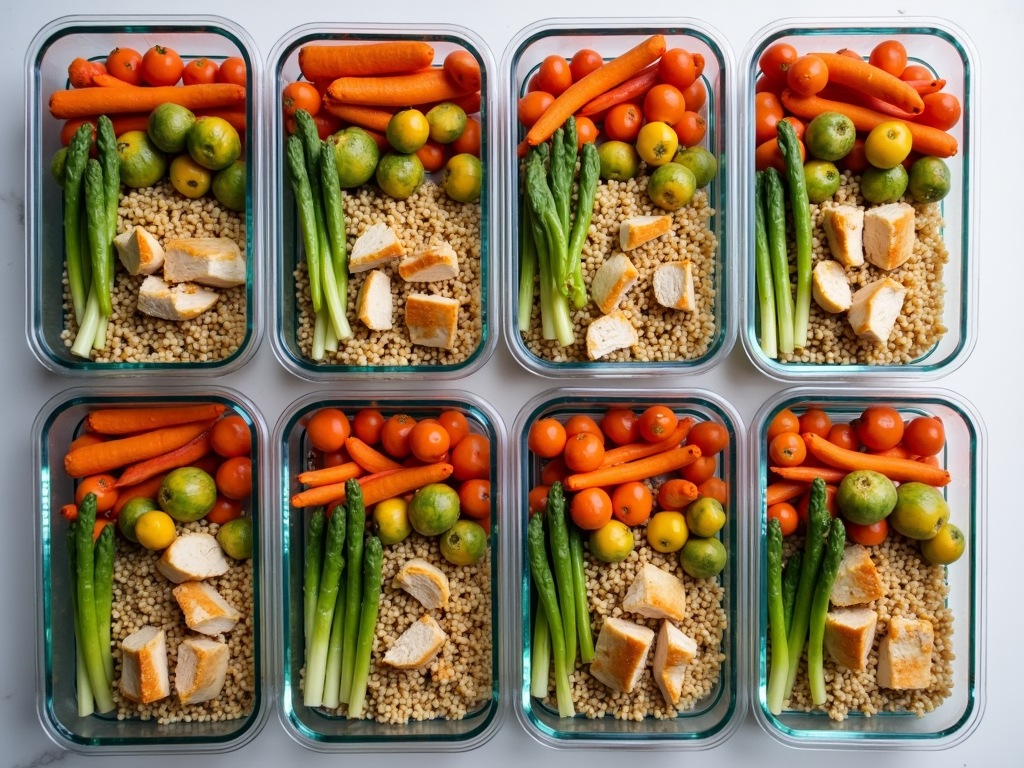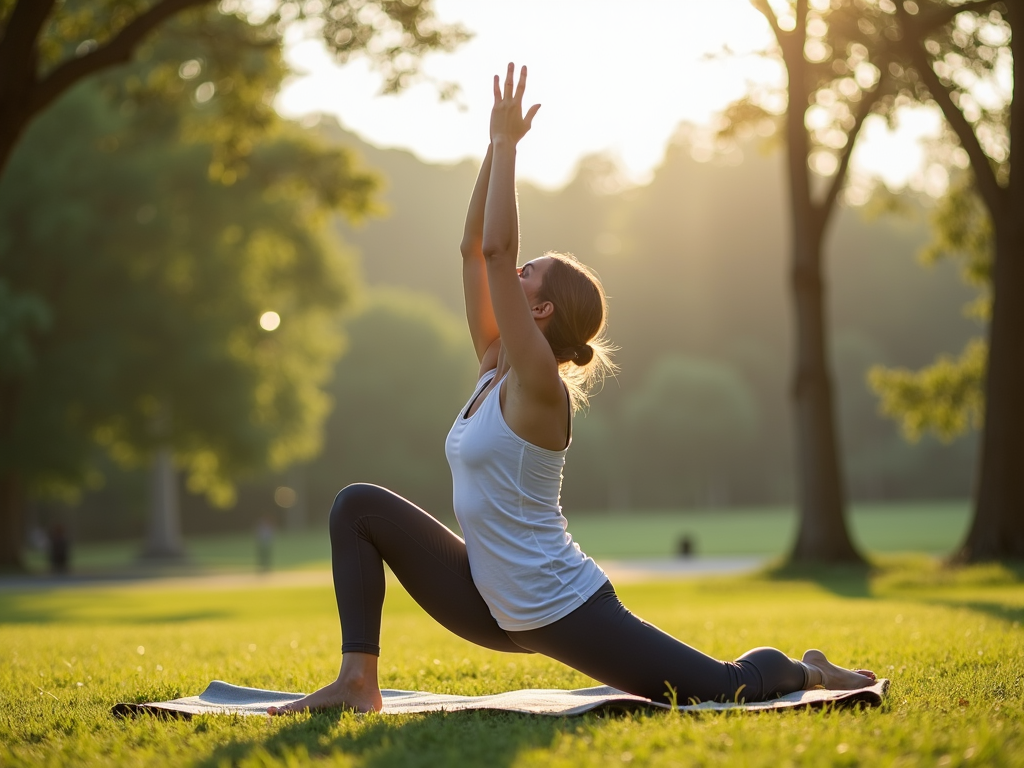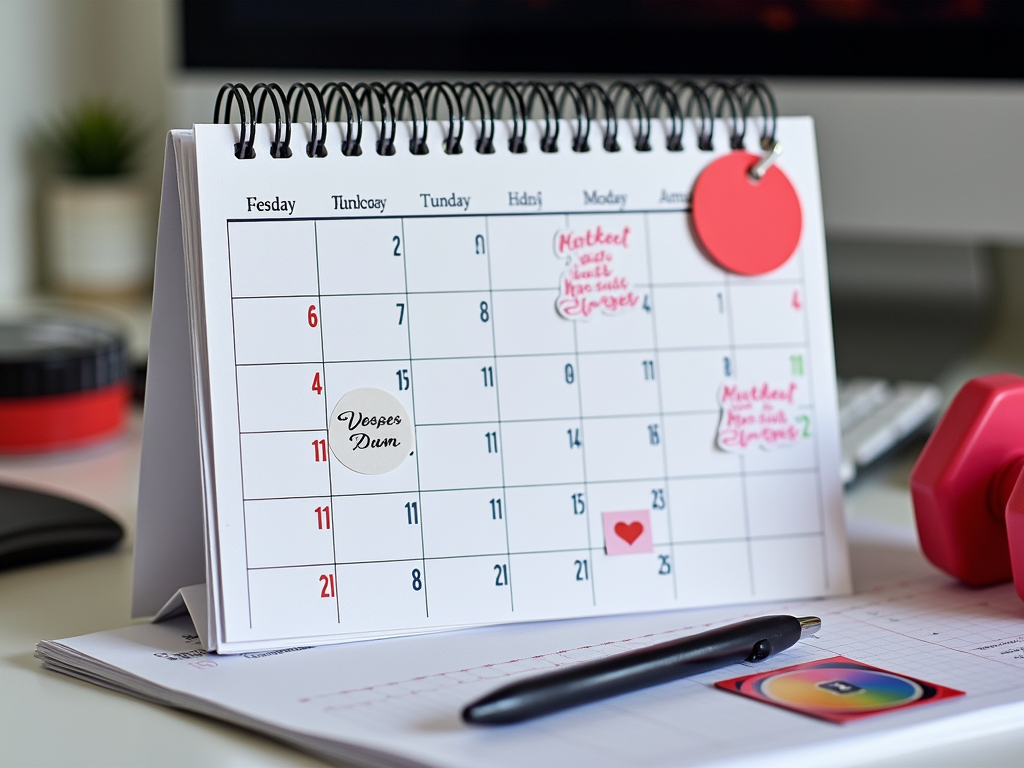Balancing nutrition and exercise is crucial for maintaining an active lifestyle and managing weight effectively. It's not just about eating less or moving more; it's about finding the right harmony between what you consume and how you expend energy. This balance can lead to improved health, increased energy levels, and a better quality of life. In this article, we'll explore top tips to help you achieve this balance, drawing from personal experiences and expert insights.

Understand Your Nutritional Needs
Everyone's nutritional needs are unique, influenced by factors like age, gender, activity level, and health goals. To start, it's essential to understand what your body requires. Consulting with a nutritionist can provide personalized guidance, but there are also online tools and apps that can help estimate your daily calorie needs and macronutrient ratios. For instance, if you're aiming for weight management, you might need a slight calorie deficit, while someone looking to build muscle would require a surplus. Understanding these needs is the foundation for balancing nutrition and exercise.

Plan Your Meals
Once you know your nutritional needs, planning your meals becomes easier. Meal planning helps you stay on track and avoid impulsive, unhealthy choices. Start by creating a weekly menu that includes a variety of foods to ensure you're getting all the necessary nutrients. Prepare meals in advance, especially if you have a busy schedule. For example, cooking a batch of grilled chicken, quinoa, and steamed vegetables on Sunday can provide healthy lunches for the week. Don't forget to include snacks like nuts, fruits, or yogurt to keep your energy levels stable throughout the day.

Choose the Right Exercises
Exercise is a vital component of an active lifestyle, but it's important to choose activities that you enjoy and that align with your fitness goals. If you're new to exercise, start with low-impact activities like walking, swimming, or yoga. As you progress, incorporate strength training to build muscle and boost metabolism. Remember, variety is key to preventing boredom and working different muscle groups. For instance, you might do cardio on Mondays and Wednesdays, strength training on Tuesdays and Thursdays, and flexibility exercises like stretching or Pilates on Fridays.

Stay Consistent
Consistency is perhaps the most challenging yet crucial aspect of balancing nutrition and exercise. It's easy to start strong but harder to maintain momentum. Set realistic goals and create a schedule that fits your lifestyle. For example, if you're not a morning person, don't force yourself to work out at 5 a.m. Instead, find a time that works for you, even if it's just 20 minutes in the evening. Remember, small, consistent efforts add up over time. Celebrate your progress, no matter how small, to stay motivated.

Monitor Your Progress
Tracking your nutrition and exercise can provide valuable insights and keep you accountable. Use a journal or an app to log your meals, workouts, and how you feel each day. This can help you identify patterns, such as which foods give you more energy or which exercises you enjoy most. Additionally, monitoring progress can be motivating. Seeing improvements in your strength, endurance, or weight can encourage you to keep going. There are many tools available, from simple notebooks to sophisticated fitness trackers.

Get Support from Wellness Programs
Sometimes, balancing nutrition and exercise can feel overwhelming, especially if you're doing it alone. Joining a wellness program can provide structure, guidance, and community support. Look for programs that offer comprehensive services, such as nutrition counseling, personalized exercise plans, and group classes. These programs can also introduce you to physical activity programs tailored to your needs, whether you're a beginner or an experienced athlete. Being part of a community can make the journey more enjoyable and less isolating.
In conclusion, balancing nutrition and exercise is essential for anyone looking to lead an active lifestyle and manage their weight effectively. By understanding your nutritional needs, planning your meals, choosing the right exercises, staying consistent, monitoring your progress, and seeking support from wellness programs, you can achieve your health goals. Remember, it's not about perfection but about making sustainable changes that fit your life.
Discuss Here